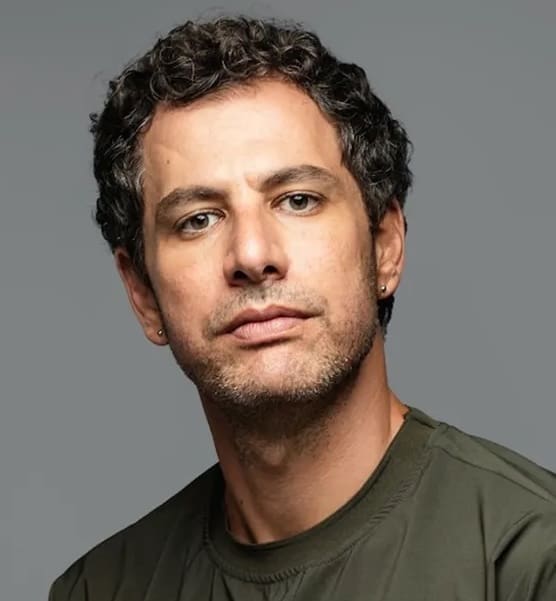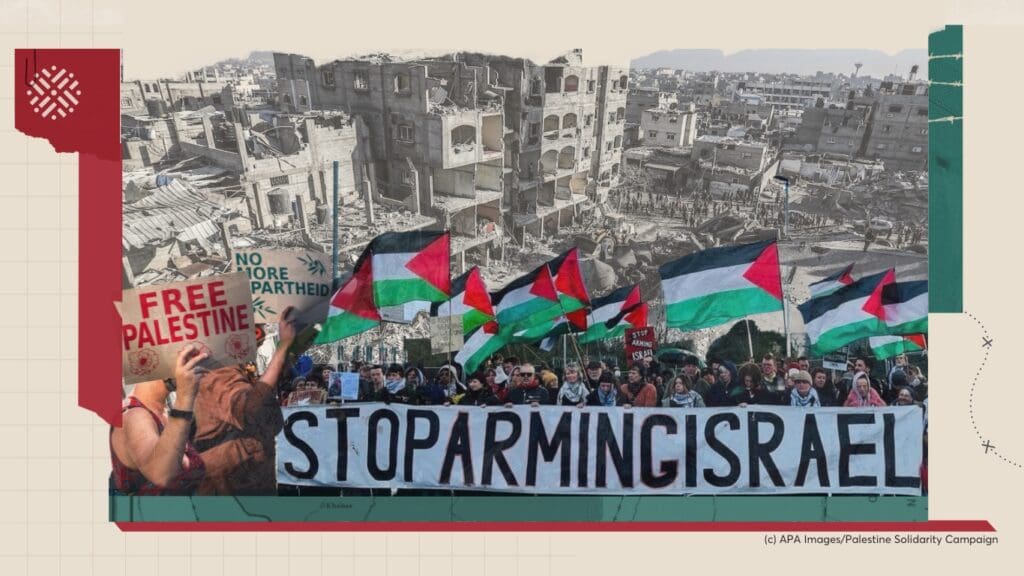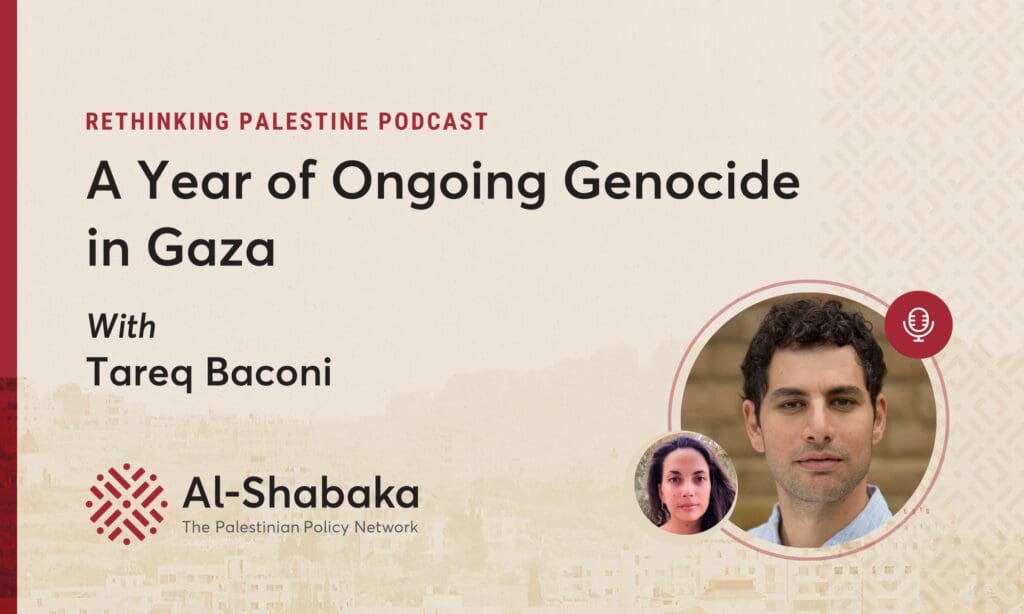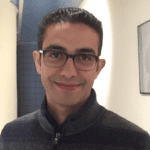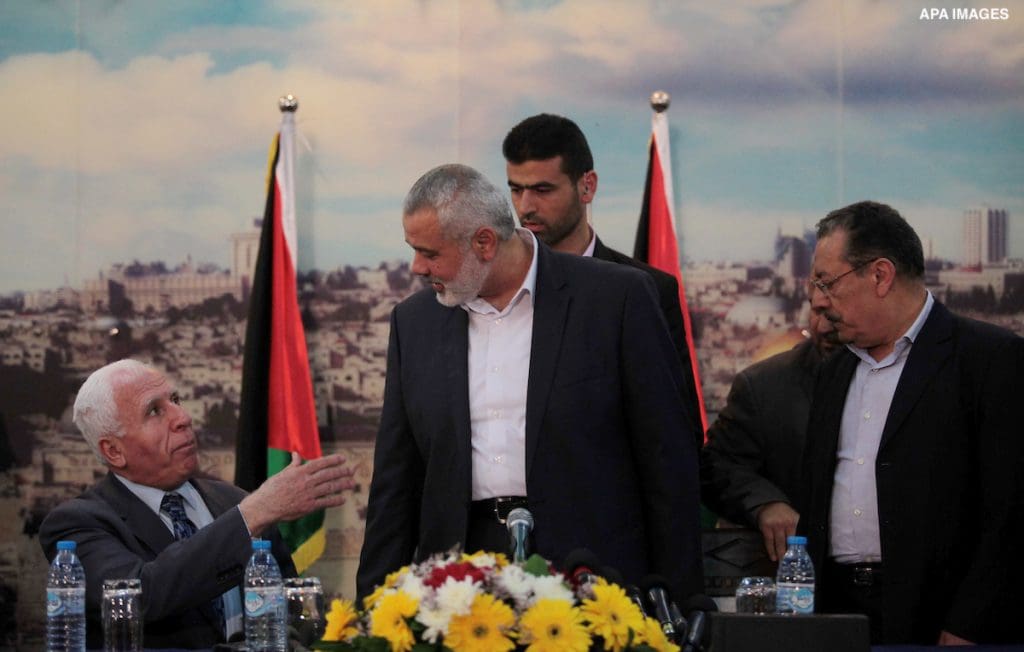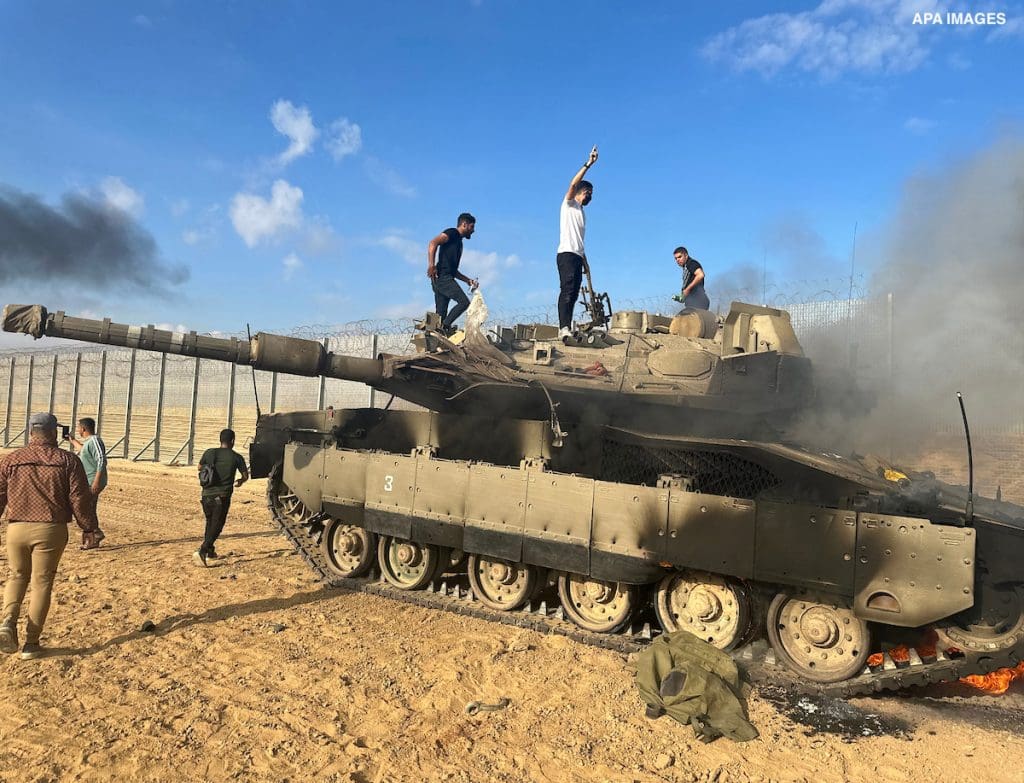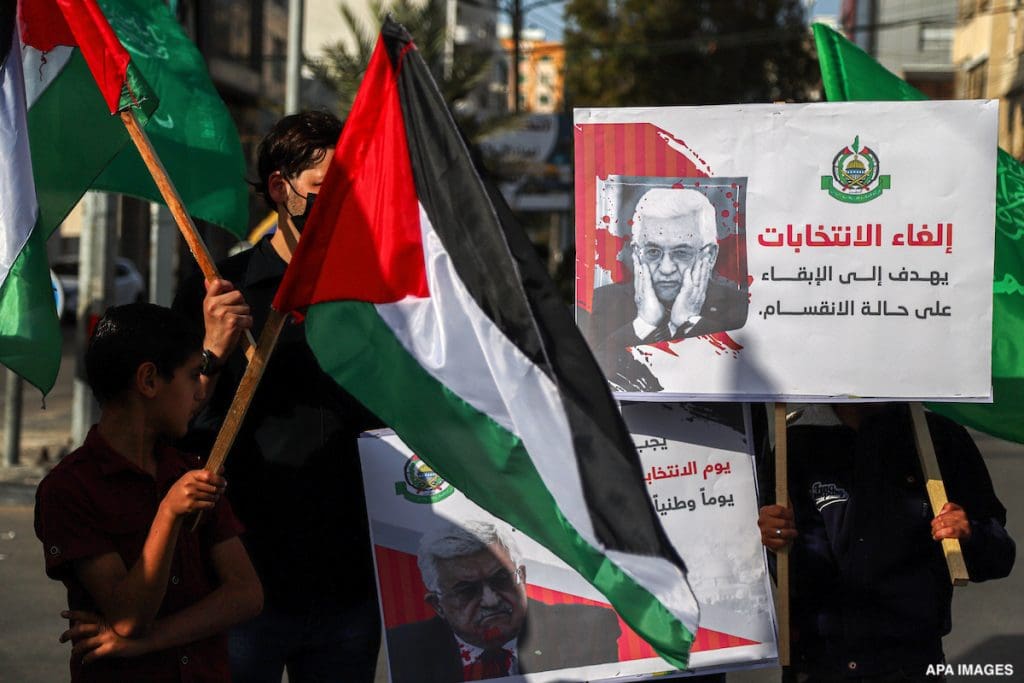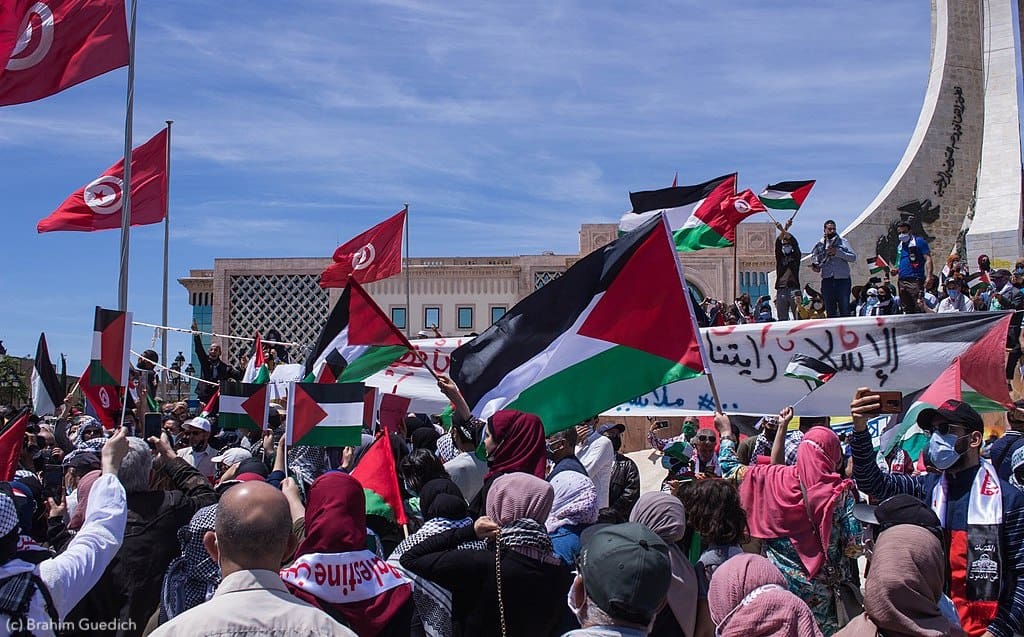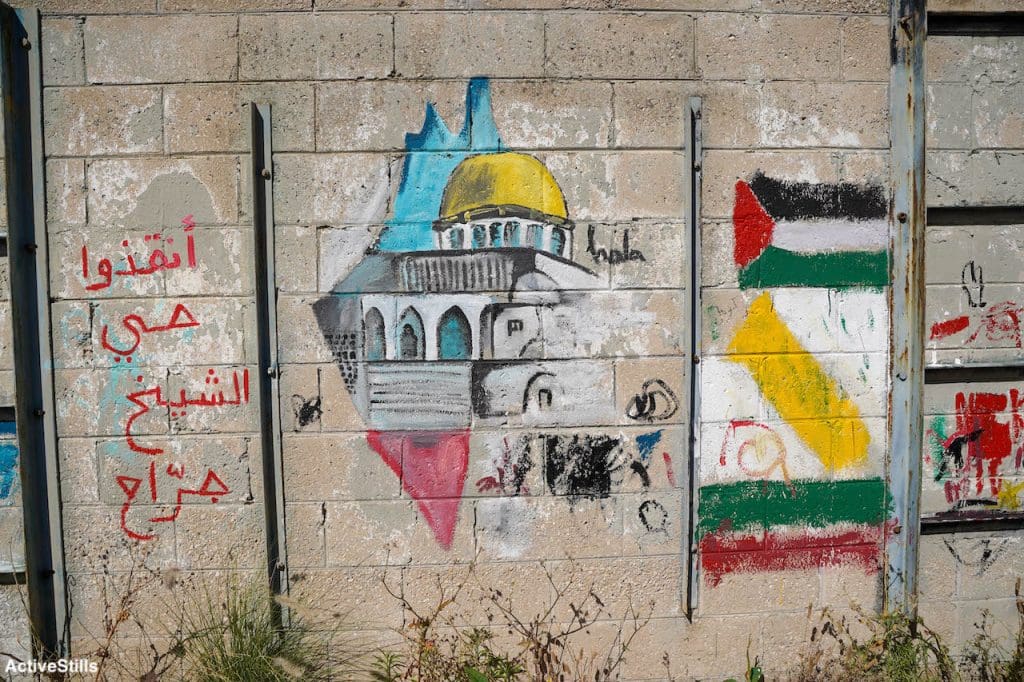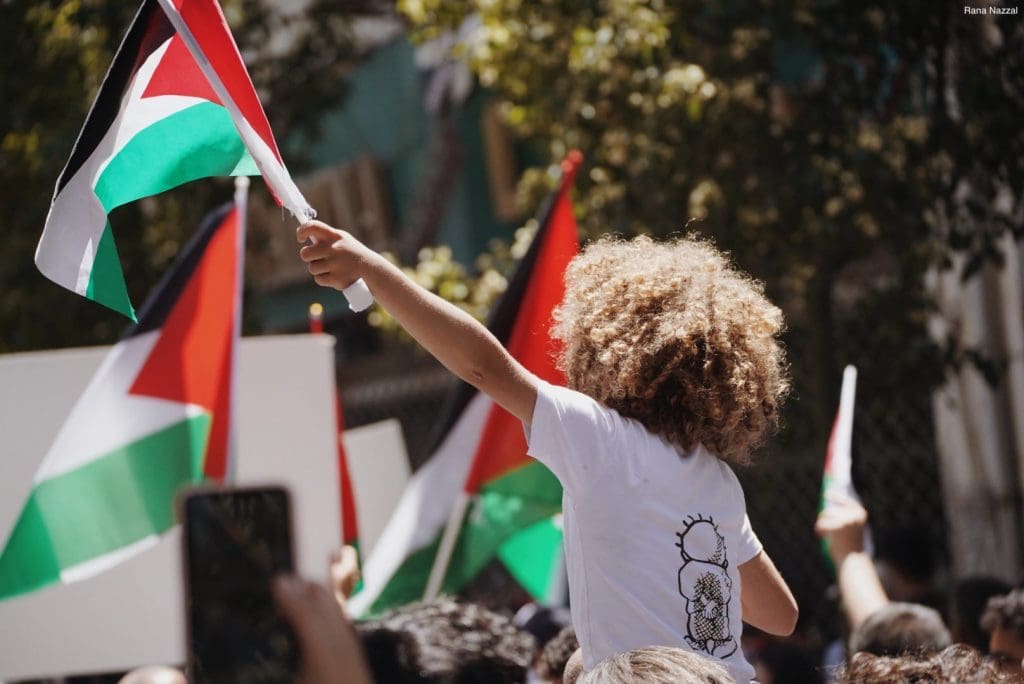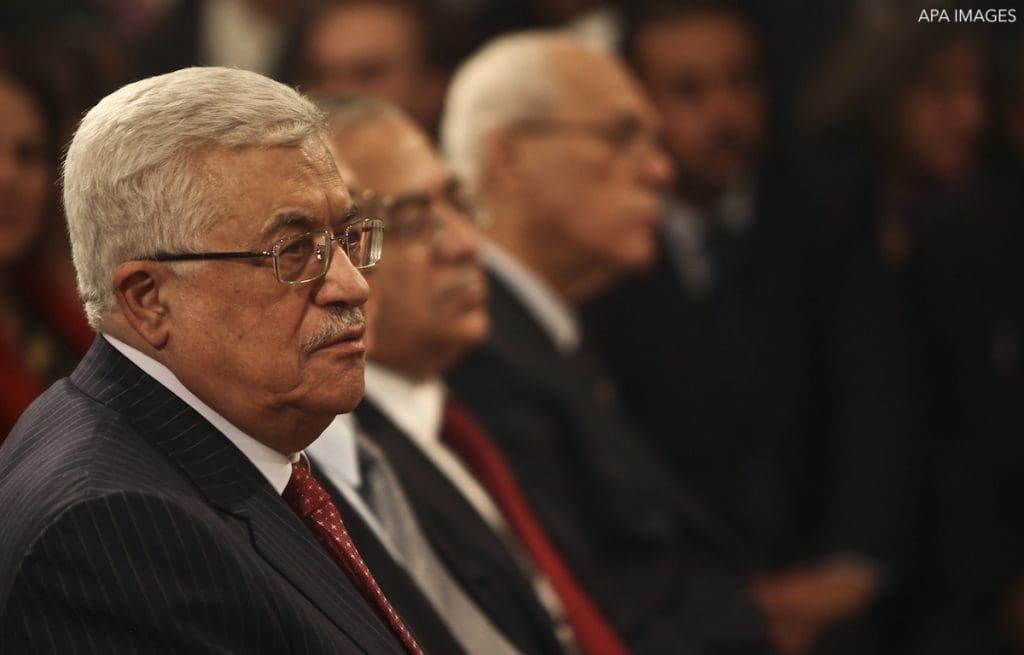Tareq Baconi serves as the president of the board of Al-Shabaka. He was Al-Shabaka’s US Policy Fellow from 2016 – 2017. Tareq is the former senior analyst for Israel/Palestine and Economics of Conflict at the International Crisis Group, based in Ramallah, and the author of Hamas Contained: The Rise and Pacification of Palestinian Resistance (Stanford University Press, 2018). Tareq’s writing has appeared in the London Review of Books, the New York Review of Books, the Washington Post, among others, and he is a frequent commentator in regional and international media. He is the book review editor for the Journal of Palestine Studies.
From this author
The global reckoning that followed October 7, 2023, marked a profound rupture in how Palestine is understood worldwide. The Gaza genocide exposed how Israeli mass violence is not exceptional or reactive, but foundational to the Zionist project. What was once framed as a “conflict” to be managed is now widely recognized as a system of domination to be dismantled. It ushered in a shift away from the technocratic language of peace processes and toward an honest confrontation with the structural realities Palestinians have long named: settler colonialism, apartheid, and the ongoing Nakba.
The commentary argues that the Israeli genocidal campaign in Gaza has radicalized the world. When crowds march through global capitals demanding a free Palestine, they simultaneously articulate demands for the abolition of racial capitalism, extractive regimes, climate injustice, and all forms of contemporary fascism. In this moment of radical clarity, Palestine becomes a lens through which the underlying architecture of global domination is laid bare—and through which new horizons of collective freedom emerge.

Tareq Baconi· Dec 21, 2025
Al-Shabaka Board President Tareq Baconi reflects on over 12 months of genocide in Gaza and discusses its ramifications on the Palestinian liberation movement, the region, and beyond. In doing so, he highlights the façade of the international rules-based order and centers the growing power of the global majority.

Tareq Baconi· Dec 17, 2024
Al-Shabaka board president Tareq Baconi and our co-director Yara Hawari reflect on one year since the start of the genocide in Gaza and discuss its ramifications on the Palestinian liberation movement, the region and beyond.


As the Israeli regime continues its genocidal campaign against Palestinians in Gaza, many have begun to weigh in on the future of Hamas and of Palestinian leadership more broadly once the bombardment ends. One of the dominant proposals is the revival of the Palestine Liberation Organization (PLO), with Hamas as a member party.
But revival of the PLO requires more than bringing Hamas into the fold, as the Fatah-controlled PA has effectively whittled down the PLO to a barren institution. What then, beyond inclusion, is needed in order to resuscitate the viability of the PLO? In an effort to strengthen the generative thinking around these questions, Al-Shabaka revisits a collection of its past works that sought to confront this very topic.
Hamas’s surprise offensive on October 7th, 2023, dealt the most lethal blow to the Israeli military and public since the establishment of the state in 1948. In retaliation, Israel launched the most extensive military assault on Gaza in its history, destroying large swathes of the territory and killing more than 14,000 Palestinians, over a third of whom were children.

Tareq Baconi· Nov 26, 2023
As of 2023, Mahmoud Abbas surpasses his democratic mandate as President of the Palestinian Authority by 14 years. And as speculation mounts about his successor, the question of his legacy lingers. In a new Al-Shabaka roundtable, policy analysts Tareq Baconi, Yara Hawari, Alaa Tartir, and Tariq Kenney-Shawa reflect on Abbas’s impact on Palestinian leadership and the Palestinian struggle for liberation.




+
This commentary is based on a lecture delivered by Al-Shabaka policy analyst, Tareq Baconi, during Birzeit University’s Ibrahim Abu-Lughod Institute of International Studies’ annual conference. Held in May 2022, the three-day conference, titled “The Palestinian Cause in a Troubled Region,” brought scholars and experts from Palestine and beyond to examine recent global and regional trends and their implications for the Palestinian cause.

Tareq Baconi· Jun 29, 2022
Jerusalem continues to lie at the center of political developments in Israel’s ethnic cleansing of Palestinians, and in the shifting landscape of US and EU foreign policy toward Palestine and the Israeli regime.
From the COVID-19 pandemic to the Black Lives Matter movement, events that have unfolded on the global stage have impacted our realities over the past two years.



The Palestinian national movement is in an acute state of crisis, and the Palestinian political system and institutions are incapable of bringing the Palestinian people closer to realize their rights. The existing style of governance and models of leadership prove on a daily basis to be unfit for present and future Palestinian generations seeking equality, justice, and freedom above all.







